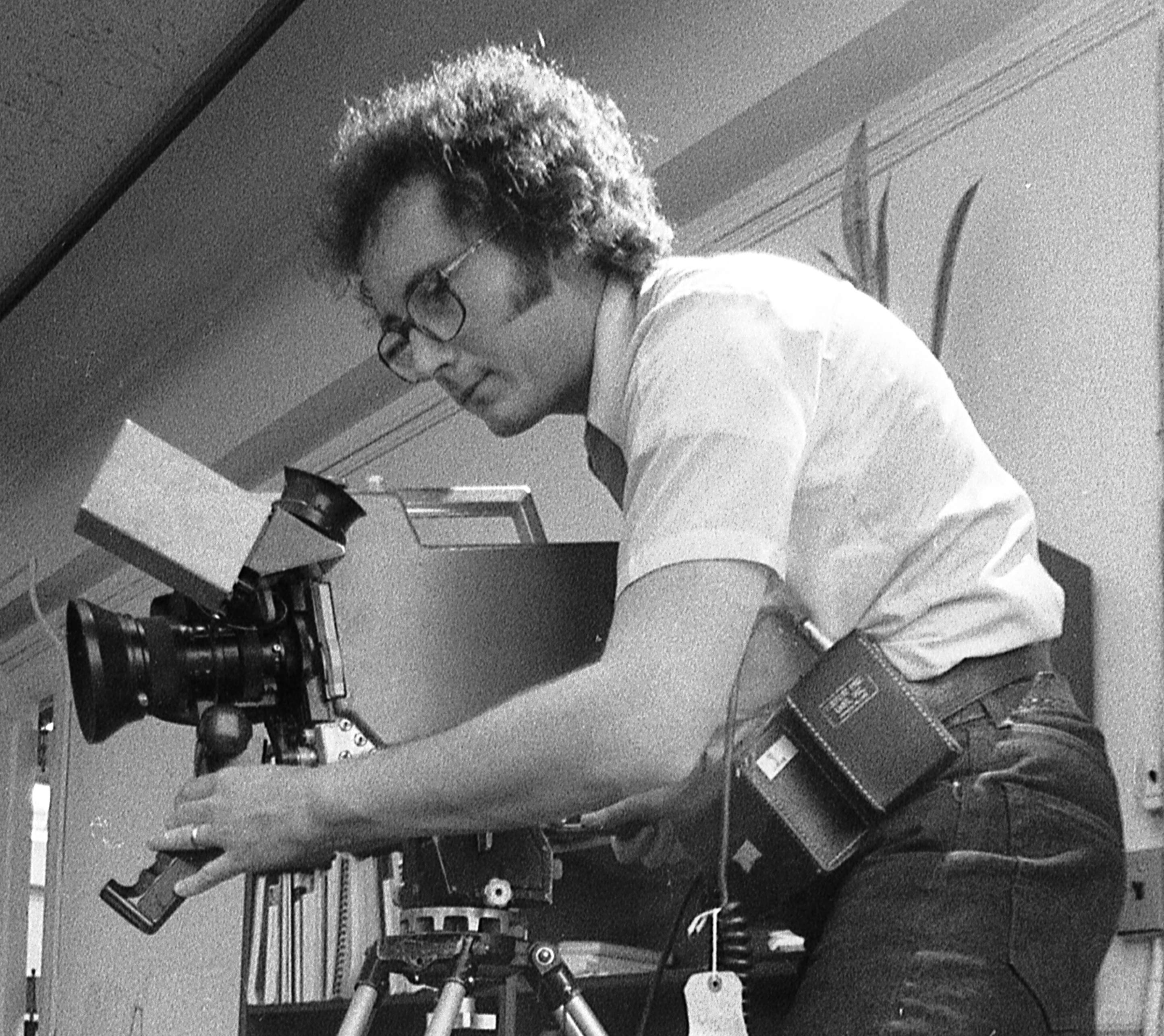FCC planning early DTS roll-out
The FCC is reportedly preparing to begin a fast-track proceeding on Distributed Transmission Systems (DTS), technology that broadcasters and regulators hope will enable DTV stations to provide more complete, spectrum-efficient coverage to their markets.
The heralded DTS technology operates much like a cellular telephone network; the service area is divided into a number of different cells, each with its own transmitter. However, unlike cellular phone systems, where spectrum is split into channel groups and no adjacent cells share the same channel, each DTS cell transmits on the same frequency. Like a system of on-channel repeaters, DTS uses multiple transmitters on a single frequency to deliver a single signal throughout a service area.
Proponents of DTS claim that broadcasters can use it to overcome DTV signal delivery problems. For example, DTS can be used in service areas with hilly or mountainous terrain to reach populations that would otherwise be blocked from reception by the topography. In urban areas, DTS can be used to overcome urban canyons and enable set-top reception by delivering signals from multiple directions and allowing higher signal levels.
Because DTS makes use of shorter towers and lower power transmitters, it can often achieve these benefits while avoiding zoning problems or serious interference concerns. Stations using multiple transmitters can provide higher signal levels throughout their service areas without causing as much interference to their neighbors as would the use of a single main transmitter. The virtues here are obvious: more uniform signal levels over wider service areas, while causing less interference.
DTS does have some limitations. First, interference will arise among the signals from different transmitters in the same network. Adaptive equalizers in DTV receivers can manage some of this interference; indeed, it is this feature of DTV receivers that makes DTS possible. But interference beyond the capacities of most adaptive equalizers will have to be addressed through other means, such as outdoor directional antennas. Also, DTS will not work in certain adjacent and near-adjacent channel situations. Under current interference requirements, DTS operations may be precluded on channels with neighboring analog stations on adjacent channels, or within four channels above or below. DTS operations may be precluded on channels with neighboring digital stations on first adjacent channels.
Further, the FCC has previously indicated concerns about DTS' service status (i.e., primary or secondary) and the impact it will have on existing and future LPTV and translator stations. The FCC still faces the task of hammering out DTS rules covering location and service area, power, antenna height, emission mask, interference protection and technical standards. These issues will presumably be the focus of any fast-track proceeding the FCC institutes.
While the commission has declined to give any indication of when it might formally initiate a rule-making proceeding, which could result in detailed regulations governing DTS operation, the smart money appears to believe that it will be sooner rather than later. However, precisely how the commission may start that process — i.e., by Notice of Inquiry or Notice of Proposed Rule Making — is not clear.
The professional video industry's #1 source for news, trends and product and tech information. Sign up below.
Harry C. Martin is president of the Federal Communications Bar Association and a member of Fletcher, Heald & Hildreth PLC, Arlington, VA.
Send questions and comments to:harry_martin@primediabusiness.com
Dateline
April 1 is the deadline for television, LPTV and TV translator stations in Indiana, Kentucky and Tennessee to file their renewal applications, biennial ownership reports and EEO Program Reports. Also, on April 1 stations in Michigan and Ohio must begin their pre-filing renewal announcements in anticipation of renewal filings on June 1.
July 1 is the deadline for TV stations in the top-100 markets to implement their full DTV facilities or face the loss of interference protection beyond their then-current DTV facilities. The build-out deadline for all other DTV stations is July 1, 2006.
